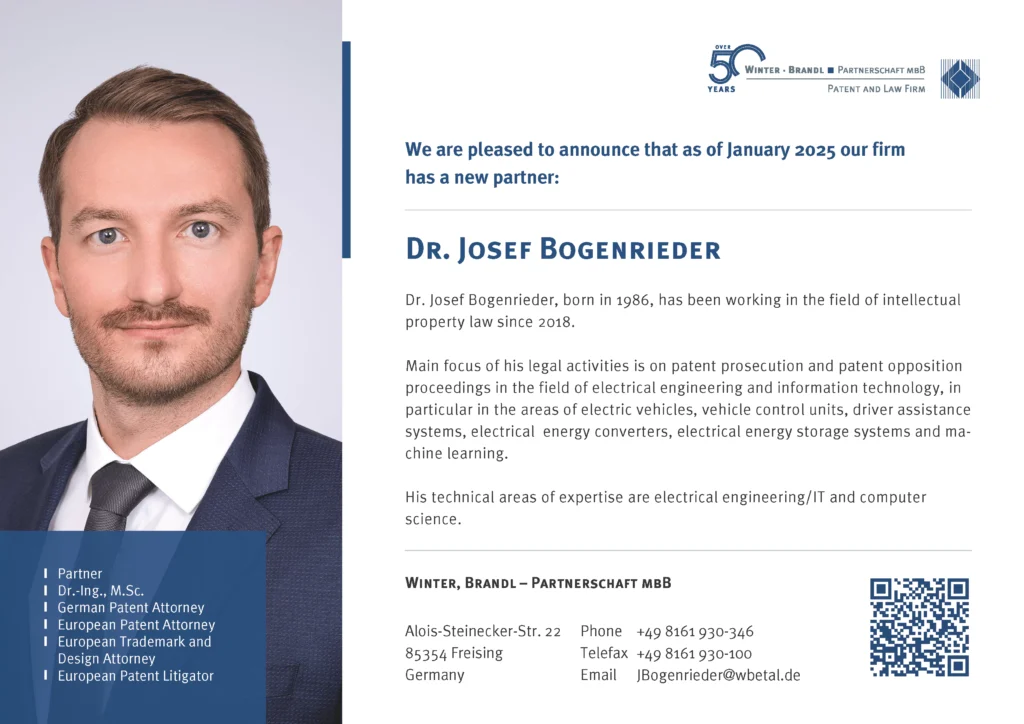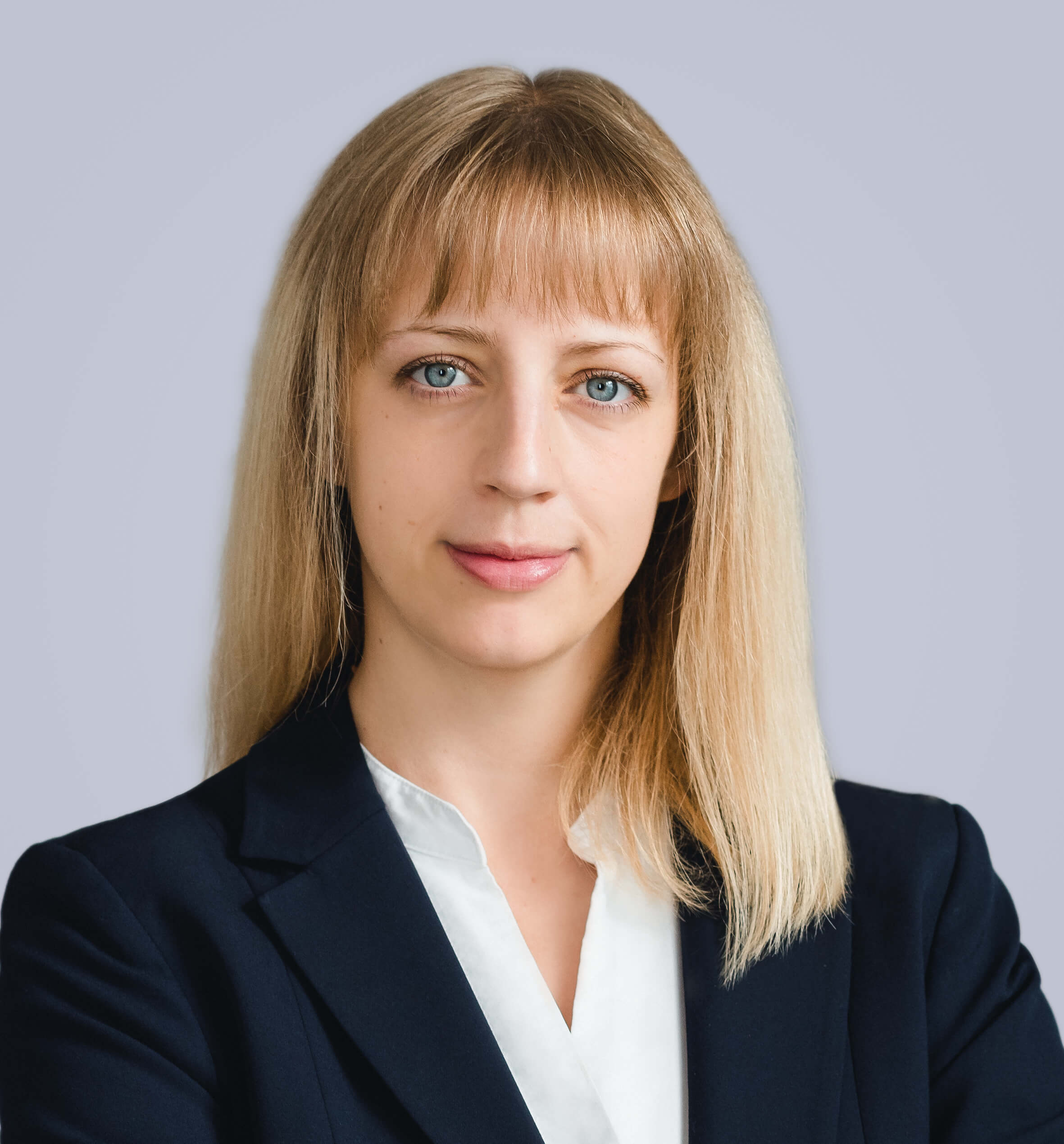Innovations solve known and new challenges
Innovations form the basis for solving known and new challenges. Innovations are created by recognising problems and developing ideas to solve them. This involves rethinking previous assumptions and ways of solving problems. Ideas are realised in the form of new products or devices, as well as new technologies, methods and processes, and may be protected as intellectual property, for example in the form of patents.
The most important global challenges have been summarised in the Sustainable Development Goals (SDGs) by the United Nations (UN).1 Health was given the highest priority by the UN member states. In this area innovations from the life sciences sector have already led to milestones in the fight against the world’s most common diseases. The health topic also includes new emerging challenges such as the recent coronavirus pandemic, for the containment of which highly effective mRNA-based vaccines were developed in record time.2 Innovations are therefore indispensable for the general public. At the same time, they also create market value for the companies that develop them, if they are protected as intellectual property (IP), for example in the form of patents.
More women lead to more diverse teams and more innovation
How can more sustainable innovations be achieved? Several studies have dealt with this question. These studies came to the conclusion that new ideas and approaches are developed particularly frequently in mixed teams with a balanced proportion of women and men.3 Diverse teams incorporate different perspectives and have a better understanding of complex challenges, markets, customers and their needs. Mixed teams are not only more creative and generate more ideas, they also solve problems faster and generate more intellectual property in the form of patents.4 Therefore, mixed teams achieve better and more sustainable work results and are more innovative in the long term. Mixed teams are best equipped to provide solutions for existing and new challenges and are particularly future-proof and competitive.
Everyone benefits from more women in IP
Today, only 3 out of 10 jobs in science, technology, engineering and maths are held by women. Women are also underrepresented in the IP sector. This applies both to the proportion of women working in IP and to the proportion of women among inventors. For example, only 16% of international patent applications5 and only 13% of European applications6 are filed by women, even though women have a high degree of innovative and creative potential.
The basic prerequisite for diversity and equal opportunities is a corporate culture that promotes them. Our law firm, which offers family-friendly working time models and paid children´s sick days, is a good example therefore. Networks such as the Women in IP network and its mentoring programmes are also of central importance.7 It is thus important to create the conditions for social diversity to be reflected in the IP sector. This is a worthwhile goal, as it benefits everyone – not only women, but also companies and society.
References:
1 https://sdgs.un.org/goals
2 https://wbetal.de/epa-insight-report-mrna-technologien/
3 https://www.catalyst.org/research/why-diversity-and-inclusion-matter/
4 https://hbr.org/2020/01/the-new-analytics-of-culture
5 https://www.wipo.int/women-and-ip/en/
6 https://www.epo.org/de/news-events/press-centre/press-release/2022/452251
7 https://www.women-in-ip.com/


